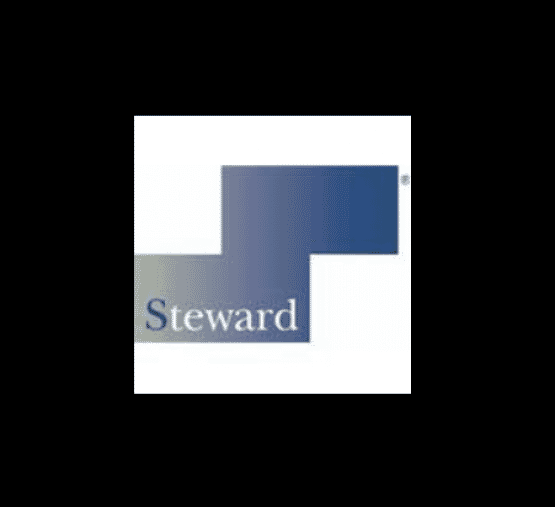At St. Elizabeth’s Comprehensive Addiction Program (SECAP), individuals seeking substance abuse treatment receive compassionate, evidence-based care in a well-equipped clinical setting. As Boston’s longest running hospital-based addiction treatment program, St. Elizabeth’s has access to some of the most advanced medical resources and specialists, allowing SECAP to provide patients with the highest level of substance abuse care. Services include medically-supervised detoxification, as well as outpatient support including but not limited to medication-assisted therapy, group and individual counseling, family education, and community-based prevention.
ABOUT ST. ELIZABETH’S COMPREHENSIVE ADDICTION PROGRAM (SECAP)
Founded in 1976, St. Elizabeth’s Comprehensive Addiction Program, commonly known as SECAP, is Boston’s longest-running, hospital-based addiction treatment program. Located in the urban neighborhood of Brighton, SECAP offers both outpatient and short-term residential services to adults. If necessary, medically monitored detoxification is available as a Level 4 certified inpatient detox program. SECAP also offers medication assisted treatment.
TREATMENT & ASSESSMENT
Like many hospital-based residential facilities, SECAP’s residential services are designed to stabilize clients and transition them into the outpatient program. Components of the short-term program (one to four days) include group therapy, meditation, individual therapy, and discharge planning. Treatment is evidence based.
For medications, the facility utilizes symptom-triggered protocols. This is where clients only take medications when symptoms are present, as opposed to a regular schedule.
Outpatient treatment is individualized and structured to serve the specific needs of young adults, women, and older adults. Programs are tailored to fit different stages of recovery — the intensive day program, which lasts one to two weeks, is designed to assist those in early recovery, while the evening program focuses on relapse prevention and psychoeducation. Components of the outpatient program include individual therapy and group counseling.
Outpatient medication assisted therapy is led by physicians. Clients participate in therapy and are prescribed medications such as Suboxone, naltrexone, and antabuse.
SECAP strongly encourages the involvement of families, offering family education programs and referrals to halfway houses and community-based programs such as Al-Anon.
Once a client completes an outpatient program, they may choose to attend SECAP’s specialized aftercare groups and services for ongoing support. Aftercare services and groups include one-on-one addiction counseling, gender-specific groups and peer counseling dedicated to opiate recovery, early motherhood, relapse prevention, and trauma.
STAFF CREDENTIALS
SECAP’s treatment team includes medical doctors and nurses trained in substance abuse.
ACCOMMODATIONS & AMENITIES
Nurses provide 24/7 care and supervision for the in-patient program. The program takes places at a hospital, so a clinical setting should be expected.
WHAT ALUMNI SAY
Three alumni to date reported positive experiences with this facility to Best-rehabs.com. The alumni polled on treatment effectiveness gave it four- and maximum five-star ratings.
One reviewer noted a lack of holistic activities, however, and mentioned feeling restricted by the hospital’s religious approach: “It was a Catholic hospital my counselor was a priest and I am a humanist,” the alum wrote.
Another former client, M.A.F., agreed with the other alumni that accommodations earned four out of five stars and praised the staff. “They call you out on your stuff so don’t think you’re going to pull the wool over their eyes – they are experienced and focused,” the alum wrote.
WHAT FRIENDS & FAMILY SAY
To date, SECAP received high ratings from the three loved ones surveyed by Best-rehabs.com, who reported excellent accommodations, quality meals, and immaculate facilities.
Loved ones gave three out of five stars or higher for staff experience. Staffers were described as “awesome” and “attentive.” One anonymous reviewer, who liked the program overall and said it was worth the cost, noted that it could improve in family participation, which earned an average of 3.33 out of five stars.
FINANCING
According to the hospital’s website, most private insurance plans are accepted.
